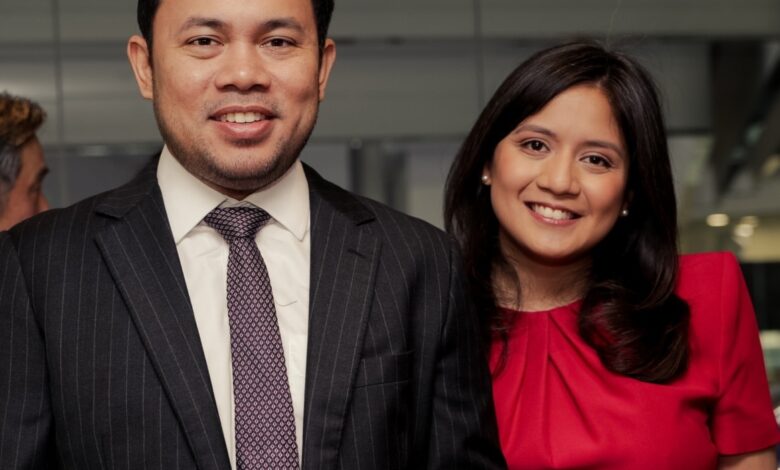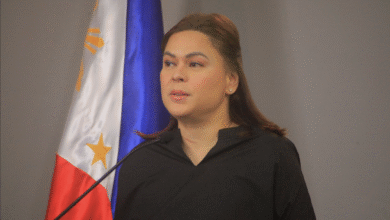
Why did the Villars back Tito Sotto?
The Villars know the Senate is a jungle. They’ve seen how quickly allies turn into predators. With night fast approaching, a Senate under Chiz Escudero couldn’t promise the siblings protection. And so when Tito Sotto’s return to power became inevitable, Mark and Camille Villar did what they had to do: they picked survival over sentiment.
To the casual observer, it looks like a transaction, a neat quid pro quo. The Villar empire—Prime Water, SIPCOR, their sprawling land banks—has been under a quiet siege since the elections, when Camille’s flirtation with Sara Duterte drew the Palace’s ire. Stocks wobbled, valuations stalled, regulators sniffed. Voting for Sotto, then, feels like insurance. It’s a safe move for the medium term. But scratch the surface and it’s less about the family fortune and more about Mark Villar’s fragile political capital. With the powers that be decidedly going after Rodrigo Duterte, the man in charge of “Build, Build, Build” had a clear target on his back.
The Senate, though, has its own rules. It protects its own, so long as you play the game. And this vote—this early capitulation—was the Villars’ ticket back into the club.
For Sotto, the deal is obvious. The man has been playing the Senate floor like a showbiz set for decades. Another turn at the center cements his legacy, gives him plum power over committee alignments, and restores the aura of steady statesman. For the minority bloc—Aquino, Pangilinan, Hontiveros—the arrangement is a lifeline. It gives them committees, microphones, the visibility to frame 2028 as the anti-authoritarian election. Everyone gets something, everyone stays safe.
But for the Villars, the calculation runs deeper. To double down on Sara Duterte would have been to gamble the next two and a half years. Regulation can turn into harassment. Business rivals can whisper into agency ears. And with Mark due for re-election, and Camille still in the trenches, the family cannot afford turbulence. Neutrality—or better, flexibility—becomes survival. The butterfly act is not cowardice; it’s corporate risk management in a time of political war.
The Duterte Question
Of course, the bigger story lies ahead. Because the same Senate that shields the Villars today may soon be asked to decide on something weightier: a revived impeachment attempt against Vice President Sara Duterte. Where do the siblings land then? If they lean too hard on Sara, they risk alienating the new ruling bloc and reigniting regulatory revenge. If they abandon her, they prove what everyone already suspects: that their loyalty is only to themselves.
That question will define not just Mark Villar’s re-election prospects but the dynasty’s role in whatever comes after Bongbong Marcos, after the dust settles on the current round of power plays. For now, though, the decision to back Sotto is a move out of the old Senate playbook: trade loyalty for protection, and let everyone walk away thinking they’ve won.
The lesson is brutal in its simplicity: in the jungle of the Philippine Senate, survival is bipartisan. And the Villars—who have more to lose than most—will always vote to live another day.




